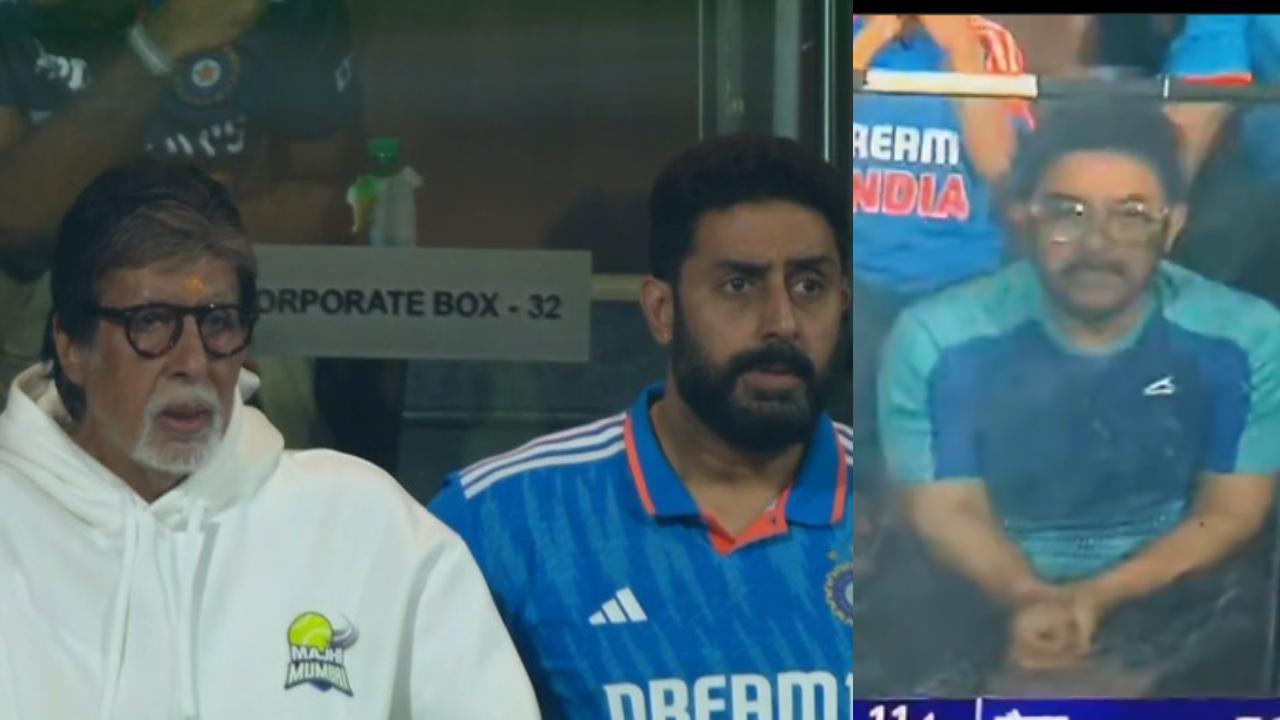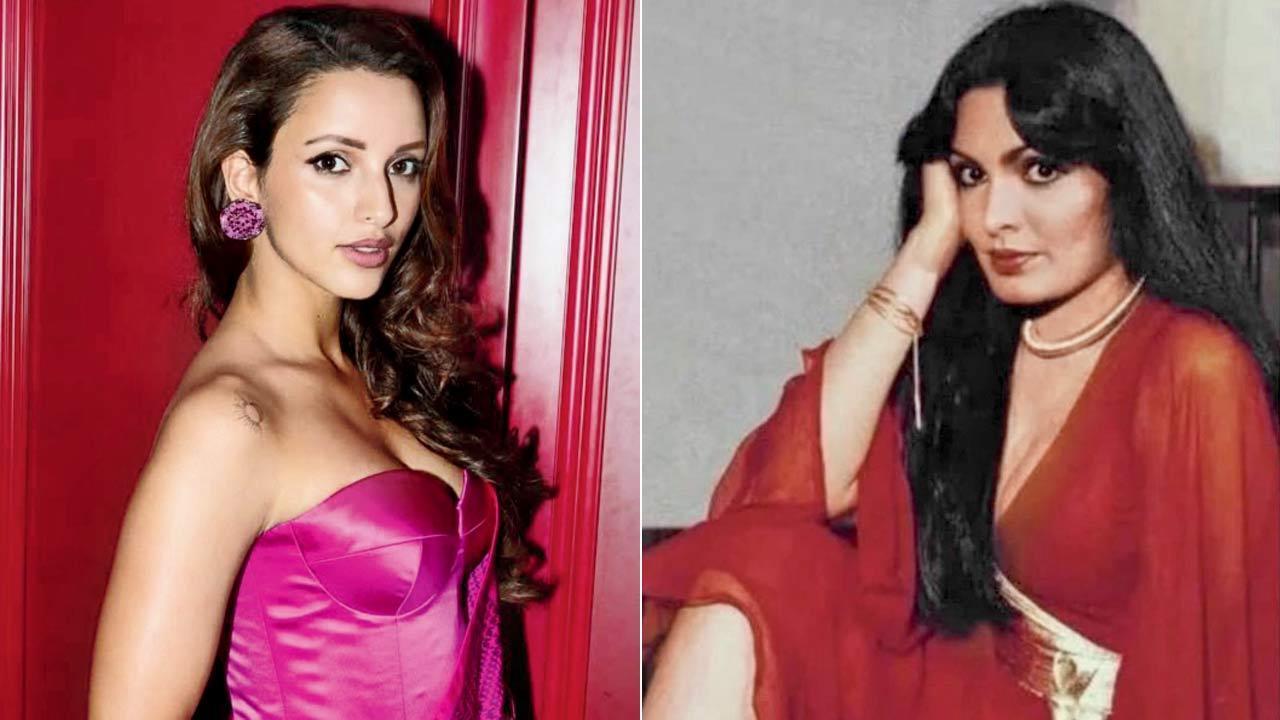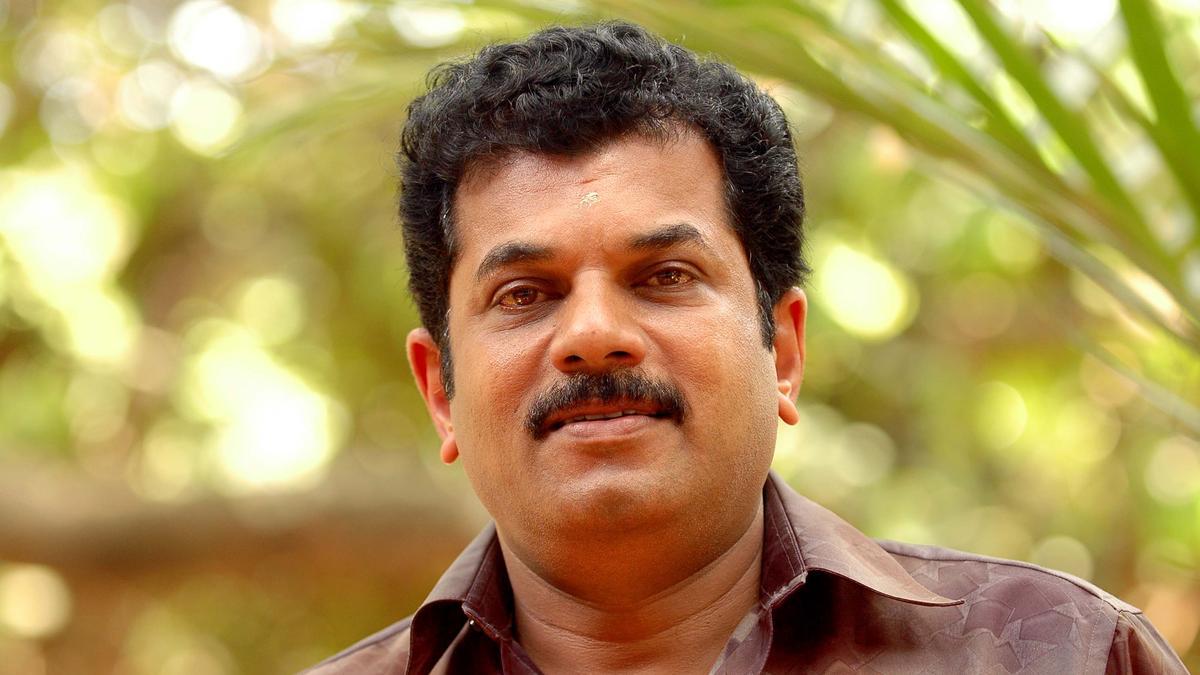
Within the annals of Tamil cinema, Vijayakant emerges as a figure whose films have been adorned with some of the industry’s most enchanting melodies. “Etho Ninivugal Kanavugal Manathile Malaruthey; Kaveri Ootrakavey”—a line that poetically translates to “some thoughts and dreams in my mind bloom like the fountain of river Cauvery”—is from the film Agal Vilakku. This song signifies the aspirations of Vijayakant and was composed by Ilaiyaraaja, the legendary music director whose association with Vijayakant led to a cache of outstanding songs. Despite not fitting the traditional image of a film hero with his slim, dark features, Vijayakant brought a raw appeal that translated into unmatched success in films and later on, in political landscapes.
It is a telling testament to the power of music in Vijayakant’s career that when prompted to explain the presence of exquisite songs in his films, he humbly attributed the achievements to Ilaiyaraaja’s genius, revealing his own modesty by comparing his repertoire to Ramarajan’s; claiming he only gave inputs for action scenes.
Indeed, songs like “Antha Vaanatha Pola Manam Padaicha Mannavaney” from the film Chinna Gounder tapped into the essence of Vijayakant’s personality—echoing his philanthropic side—and became as emblematic as the stirring “Then Pandi Seemayile” from Kamal Haasan’s Nayagan.
Prior to his collaboration with Ilaiyaraaja, Vijayakant starred in Thoorathu Idi Muzhakkam, graced by Salil Chaudray’s musical genius that gave us “Ullamellam Thalladuthey”. The film’s acclaim reached beyond borders, finding a place at the International Film Festival of India.
The movie Vaidehi Kaathirunthal remains a timeless classic in Vijayakant’s career, especially for its seven songs by Ilaiyaraaja—songs that were ingeniously woven into the narrative by director R. Sundararajan, crafted around the storyline itself. With melodies like “Rasathi Unna Kaanatha Nenju”, and “Intraikku Yen Intha Ananthamey”, the character of Vellaisamy played by Vijayakant is deeply etched in the hearts of the audience.
Further, the film Amman Kovil Kizhakkale stands out as a musical delight, serving up iconic numbers such as “Poove Eduthu Oru Malai Thoduthu Vacheney,” and “Kaalai Neera Poonguil”. Meanwhile, “Vizhiye Vilakontru Etru” from Thaluvatha Kaigal remains a subtle and sweet depiction of romance through music.
The film Ninaive Oru Sangeetham may have faded in public memory, but its songs like “Eduthu Vacha Paalum” continue to resonate on social media, reflecting the indelible impact of their melodies. Moreover, “Mayanginen Solla Thayanginen” from Naane Raja Naane Manthiri became so popular that it overshadowed the film’s title.
Songs like “Sinthiya Venmani” and “Kaan Karunguyile” from Poonthotta Kavalkaran illustrate the effortless diversity in his films’ soundtracks, capturing the spectrum from melody to folk tunes.
It was with Captain Prabhakaran that Vijayakant’s cinematic journey intertwisted with his political pursuits, greatly bolstered by the story and songs such as “Paasamulla Paantiyeray” and “Aatama Therottama,” packed with vigor and mass appeal. Similarly, Chinna Gounder’s narrative and music played a strategic role in advancing his political image.
Vijayakant’s foray into films and subsequently into politics is indelibly linked with the rich tapestry of songs that have come to define his career. These songs are not just a testament to his artistic legacy, but also to the era of Tamil cinema they represent—an era where melodies held the power to influence and inspire beyond the silver screen.










